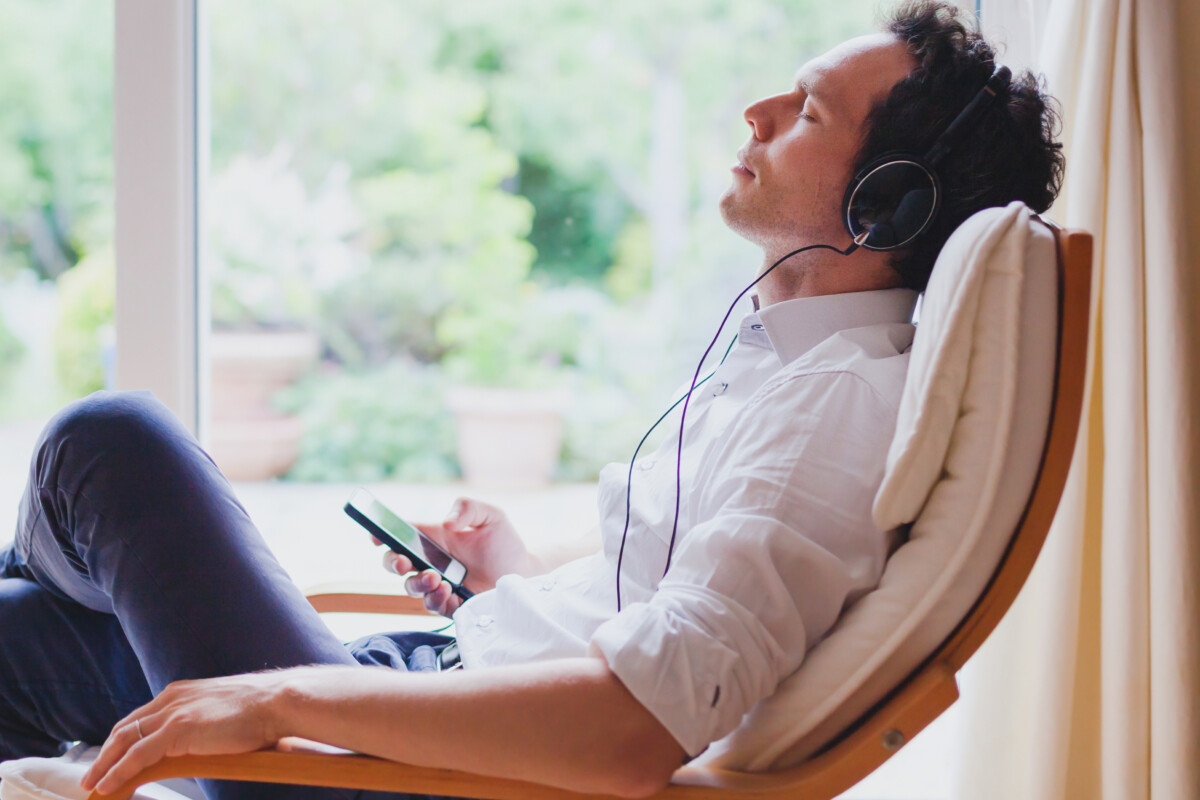Research Busts Meditation Stereotypes

Meditation has been practiced globally for thousands of years and has proven itself to millions of practitioners. It isn’t accepted everywhere, however. Some people still believe the benefits of meditation are “all in the head” of practitioners. They have a hard time believing that anything about meditation is real.
When science takes a look at meditation, negative stereotypes begin to lose credibility. Research indicates that meditation offers multiple real-world benefits for our physical and mental health.
Meditation can help:
- Reduce blood pressure. Meditation Effective in Reducing Blood Pressure | Kent State University
- Control stress-induced inflammation A comparison of mindfulness-based stress reduction and an active control in modulation of neurogenic inflammation – ScienceDirect
- Reduce stress
- Improve concentration and lengthen attention span
- Reduce anxiety
- Control Depression
- Reduce age-related memory loss The potential effects of meditation on age-related cognitive decline: a systematic review – PubMed (nih.gov)
There are many types of meditation. One thing that they all have in common is the goal of taking our minds off our day-to-day worries and concerns. By quieting our minds, we can create calm and counter stress, anxiety and depression. In order to be beneficial for the long-term, however, meditation should become a daily habit.
Meditation may seem to be about doing nothing, and to a certain extent it is. We can’t get our minds off our daily worries if we’re still running around working or distracting ourselves.
From the outside meditation seems to be easy. How hard can it be to sit around with your eyes closed? As it turns out, this can actually be fairly difficult. First, it can be boring. Secondly, keeping our body still is not the same thing as keeping our mind still. Physical stillness can help, but it’s just a beginning. When people first begin to meditate, their minds often run around like hunted rabbits.
When considering taking up meditation, it helps to take a look at the various techniques. If possible, have a conversation with someone who is already practicing meditation. Find a technique that you think you would be comfortable with. Once you start, don’t expect to be comfortable right away. It’s not easy to learn to do something while feeling like you’re doing nothing. Give it time. Eventually you’ll find that your mind has actually been quiet. You will feel more relaxed and less stressed. The benefits of meditation will be yours.
